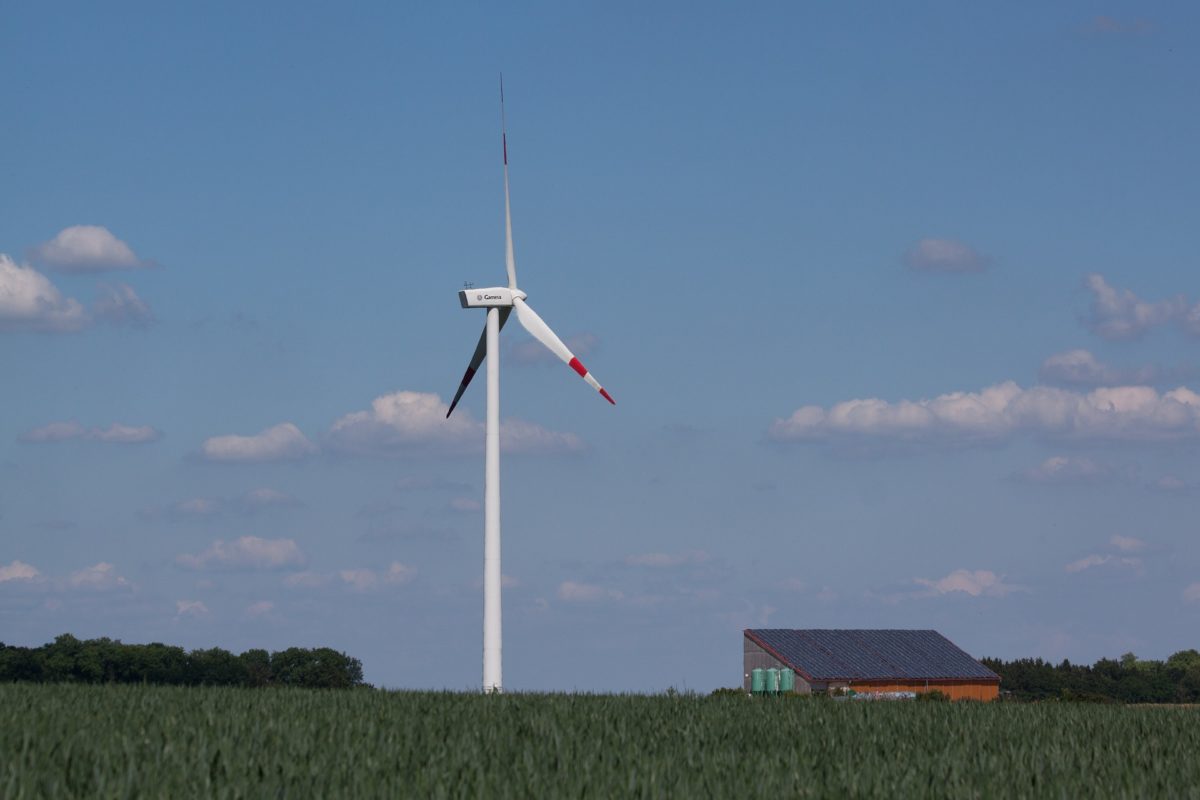Norway’s trillion-dollar Government Pension Fund Global – which includes sovereign wealth funds owned by the government of Norway and is the world’s largest wealth fund – has been permitted to invest in renewable energy infrastructure projects and companies not listed on stock markets.
Previously, the fund was only allowed to invest in listed renewable energy projects and companies.
Clean energy investments will be made, the government stressed, only within the scope of environment-related mandates, with the limit for such commitments to be doubled, from NOK60 billion ($6.9 billion) to NOK120 billion.
The government also made it clear new investments in green energy are not being conceived as part of a climate change measure but as an investment strategy for the fund. “Such investments shall be subject to the same profitability and transparency requirements as the other investments of the fund,” said Norway’s minister of finance, Siv Jensen.
“This was an important day, and WWF Norway has been working for this for many years,” said the CEO of WWF Verdens naturfond, Bård Vegar Solhjell in a statement to pv magazine. “With the new mandate, the oil fund will be better capable to manage its risk and secure financial stability, at the same time as it will be of importance to the market for renewable energy and thus the climate. This is a good start. But the new mandate represents only 1,3 % of the present value of the fund, so we ask the Norwegian parliament to increase it further,” he added.
Fossil fuel sell-off
In early March, the fund announced a plan to sell off stakes in oil and gas exploration and production, a measure aimed at reducing vulnerability to oil price declines by diversifying its energy portfolio.
Although the government of oil-rich Norway stressed the oil industry will remain important for many years, it said investment in exploration and production companies will be phased out gradually, with plans being prepared in consultation with the government-owned Norges Bank.
Last month, Jensen said expected growth from listed renewable energy projects and companies over the next decade will be driven by companies that do not have renewable energy as their main business and the fund should not miss the opportunity offered by the energy transition.
The government said, however, the fund will not sell its stake in state-owned oil company Equinor to reduce oil price risk. Equinor has recently diversified further into renewables, including acquiring a 9.7% stake in Norwegian solar developer Scatec. The oil company – formerly Statoil – entered solar in February 2017 when it launched a $197 million renewables fund. It rebranded as Equinor in March to reflect its transition to clean energy development.
*the article was updated on Apr. 8 to add an exclusive statement of WWF Verdens Naturfond's CEO, Bård Vegar Solhjell.
This content is protected by copyright and may not be reused. If you want to cooperate with us and would like to reuse some of our content, please contact: editors@pv-magazine.com.





21 comments
By submitting this form you agree to pv magazine using your data for the purposes of publishing your comment.
Your personal data will only be disclosed or otherwise transmitted to third parties for the purposes of spam filtering or if this is necessary for technical maintenance of the website. Any other transfer to third parties will not take place unless this is justified on the basis of applicable data protection regulations or if pv magazine is legally obliged to do so.
You may revoke this consent at any time with effect for the future, in which case your personal data will be deleted immediately. Otherwise, your data will be deleted if pv magazine has processed your request or the purpose of data storage is fulfilled.
Further information on data privacy can be found in our Data Protection Policy.